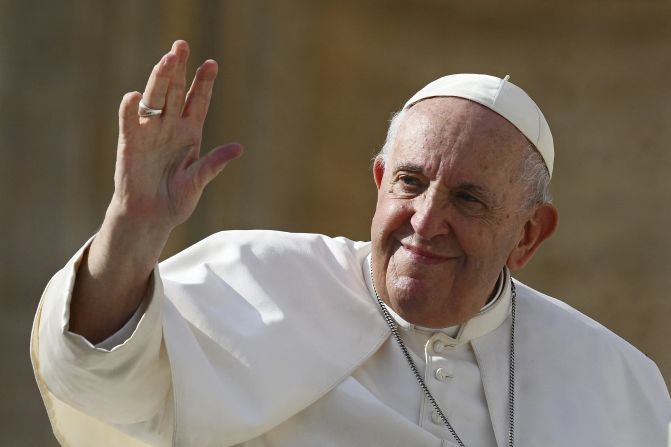
By the time this goes to print, the death of the Pope may be old news – but we thought it was important to mention. At 88 years old, Pope Francis passed away in late April, on Easter Monday. While Semper is not affiliated with religion in any way, the passing of the head of the Catholic Church is markedly important. Francis was known for steering the Catholic Church toward a more progressive, inclusive state than prior leaders – but was this enough?
Francis was an unusual leader. He challenged aspects of comfort and wealth within the Church, opting for simple living rather than the excessive extravagance shown by his predecessors.
Under his rule, the Catholic Church saw many changes, while he straddled the line between progressive and conservative. He preached for reform on many contentious topics within the Church, including divorce, and emphasised the urgency of caring for migrants and climate change. Notably, he preached for a ceasefire on the war in Palestine, labelling Israeli warfare ‘terrorism’, and making daily calls to the Holy Family Church in Gaza. His change in tone away from the historic, strict traditional Catholicism was evident in his autobiography, in which he wrote, “Everyone in the Church is invited, including people who are divorced, including people who are homosexual, including people who are transgender”.
But Francis was not a consistent promoter of change. While many obituaries of the Pope’s passing highlight his progressive views, some argue he was too forward-thinking, and others argue he was not progressive enough. He was, after all, a man in the church, acting within the constraints of Catholic tradition.
Many Catholics were disappointed by his lack of action on issues such as the inclusion of women, married clergy and LGBTQIA+ Catholics in church roles. For example, he has been praised for his inclusion of women within roles of power in the Vatican, but critics argued these were token high-profile appointments rather than wider institutional change. Additionally, he condemned ‘gender spectrum ideology’, labelling it the ‘ugliest danger’ to humanity, and comparing it to ‘nuclear arms’, but on the other hand, stated in his autobiography that ‘transgender people are children of God’. He also struggled to condemn members of the Catholic Church for child sexual abuse, on occasion publicly supporting those who are said to have failed to deal with the abuse, including calling Cardinal George Pell, convicted child sexual abuser, ‘a great guy’ and ‘faithful servant’. He did, however, apologise to victims of sexual abuse at the hands of the Church and advocate for reform.
It would be a mistake, therefore, to call him progressive or liberal – but when considering Catholic leaders, he was markedly different. Many of his views were grounded in compassion and kindness, and his goal in leadership was to create a shift in the Church to reflect these values. And the world will just have to wait and see if the Catholic Church reflects and furthers this shift in their future leadership.
Views: 550
